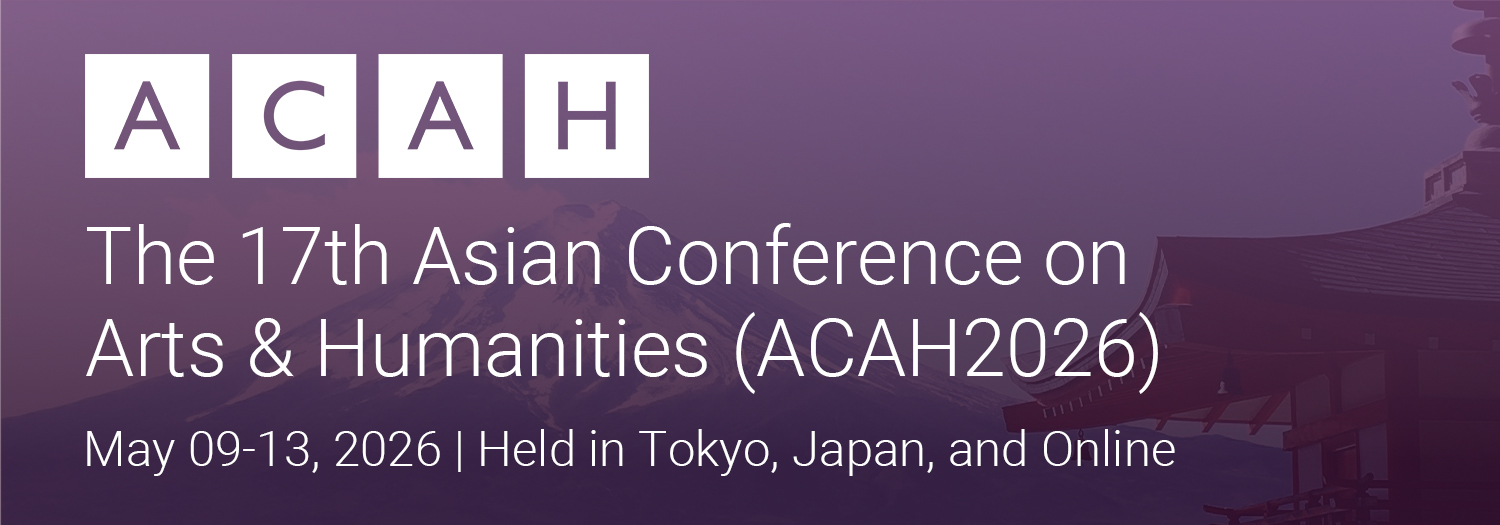How are we to understand the humanities – a field that more than any other must be mindful of differences – within global university strategies and systems of evaluation that rank universities according to criteria that lead to ever greater homogeneity? The process requires an openness to the difference of Asian humanities, a field that for Leo Ou-Fan Lee must have “Asian humanistic scholars” and “all humanistic scholars interested in Asia” re-examining and redefining Western philosophical theory (2010). Jana S. Rosker (2016) argues that intercultural research that includes Chinese philosophy must involve the ‘intercultural relativisation of the contents based on specific requirements of research in the Chinese philosophical tradition. With these arguments in mind, this paper explores how forty years after Said’s Orientalism, recentering English and the humanities can only take place through a glass darkly, or through an Asian-centered prism where a degree of ‘westernism’ is par for the course where scholars must begin to more readily reach for their Dao over their Derrida and their Fung Yu-Lan over their Foucault. Any re-centering if such a move is ever still imaginable can explore new conceptual frames of the intercultural humanities such notions as weakness, individualism and loneliness. One might also argue that the recognised increased economic and political power of China has not been matched by redefinition of Asian academic discourses, schools and practices in terms of intellectual and pedagogic traditions of the historically dominant culture of these regions.
Identifying and Re-defining Conceptual Frames in the Intercultural Humanities

